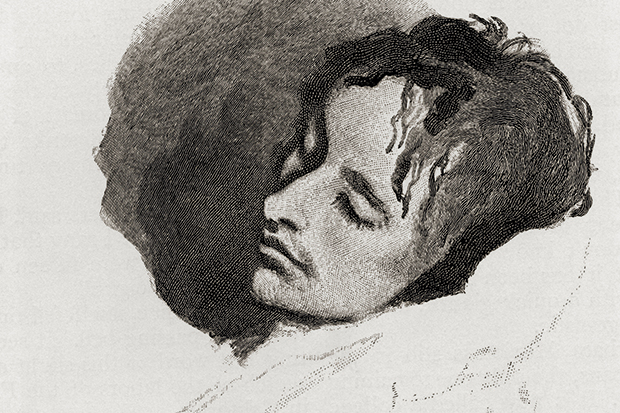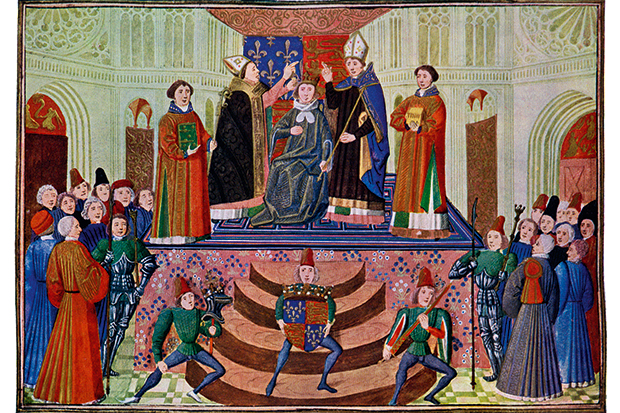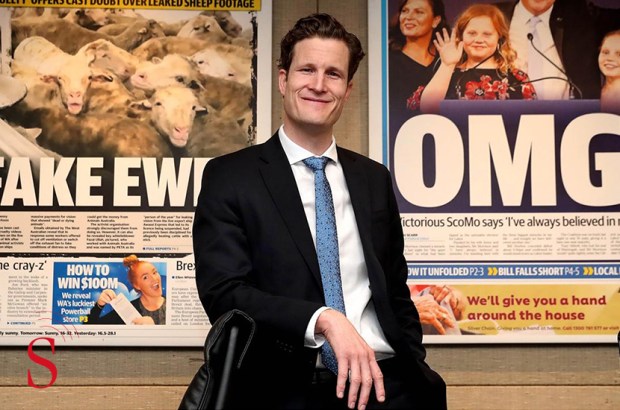The author of this jam-packed treasure trove has been a film critic at the New York Times since 2000 and is also professor of film criticism at Wesleyan University. As if these platforms weren’t enough, he’s now written a book about the tangled worlds of films, books, music, paintings and criticism, dragging in Aristotle, Pope, Plato, Matthew Arnold, Isaiah Berlin and millions of others — but not, alas, my former next-door neighbour, the wonderfully controversial Brian Sewell.
Already a subscriber? Log in
Get 10 issues
for $10
Subscribe to The Spectator Australia today for the next 10 magazine issues, plus full online access, for just $10.
- Delivery of the weekly magazine
- Unlimited access to spectator.com.au and app
- Spectator podcasts and newsletters
- Full access to spectator.co.uk
Unlock this article
Available from the Spectator Bookshop, £10.99. Tel: 08430 600033
You might disagree with half of it, but you’ll enjoy reading all of it. Try your first month for free, then just $2 a week for the remainder of your first year.














Comments
Don't miss out
Join the conversation with other Spectator Australia readers. Subscribe to leave a comment.
SUBSCRIBEAlready a subscriber? Log in